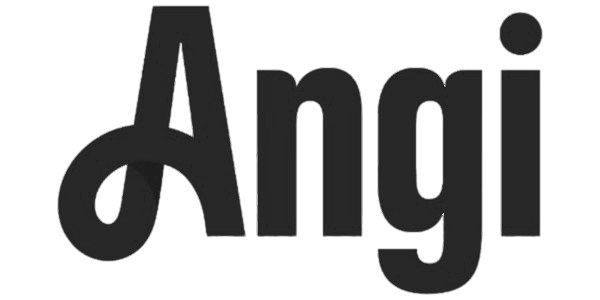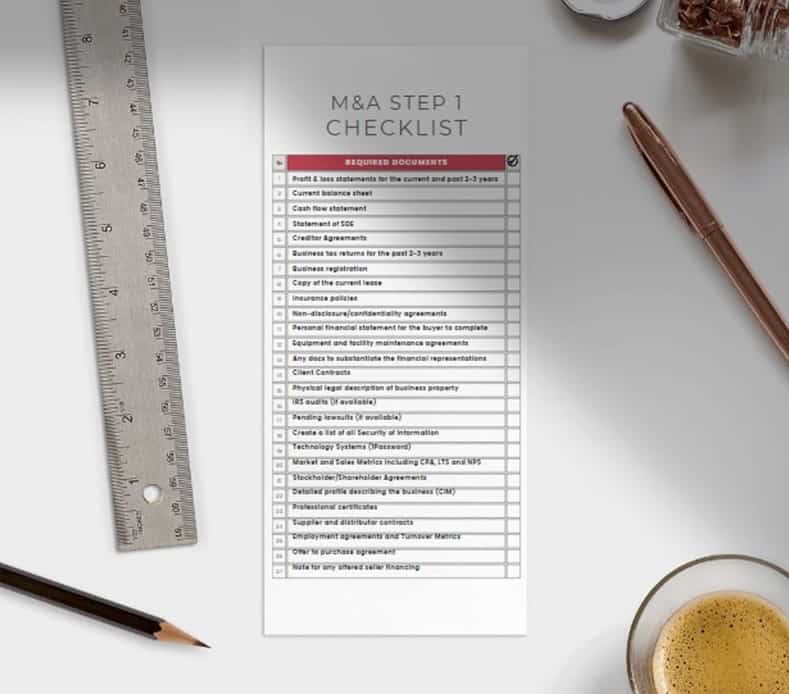



Why does an Mergers & Acquistions Deep Dive even matter?
According to the Harvard Business Review, any company prepared to show, in a simple to follow, Confidential Information Memorandum (CIM) :
- Unique Selling Points
- Profitabilty
- Business Model Canvas
- A Plan for Market Penetration
- Scalable Marketing KPIs
- Raw Asset Value
- Brand Value
...will increase its valuation and GTM price by more than 30%.
AND.... that's exactly what we do in the M&A Deep Dive.
What Is a Business Valuation?
A business valuation, also known as a company valuation, is the process of determining the economic value of a business. During the valuation process, all areas of a business are analyzed to determine its worth and the worth of its departments or units.
The Basics of Business Valuation
The topic of business valuation is frequently discussed in corporate finance. Business valuation is typically conducted when a company is looking to sell all or a portion of its operations or looking to merge with or acquire another company. The valuation of a business is the process of determining the current worth of a business, using objective measures, and evaluating all aspects of the business.
A business valuation usually includes an analysis of the company's management, its capital structure, its future earnings prospects, scalabilty and the market value of its assets. The tools used for valuation can vary among evaluators, businesses, and industries. Common approaches to business valuation include a review of financial statements, employee retention, market penetration, cost per acquisition (CPA), lead to sale (LTS), discounting cash flow models and similar company comparisons.
Methods of Valuation
There are numerous ways a company can be valued. When selling small businesses most Business Brokers utilize a combination of 5 of the options below by showing potential buyers the profitabilty, growth potential in the market, stabilty of company operations and the raw value of fixed assets.
1. Market Capitalization
Market capitalization is the simplest method of business valuation. It is calculated by multiplying the company’s share price by its total number of shares outstanding.
2. Times Revenue Method
Under the times revenue business valuation method, a stream of revenues generated over a certain period of time is applied to a multiplier which depends on the industry and economic environment. For example, a tech company may be valued at 3.5x revenue, while a service firm may be valued at 0.75x revenue.
3. Earnings Multiplier
Instead of the times revenue method, the earnings multiplier may be used to get a more accurate picture of the real value of a company, since a company’s profits are a more reliable indicator of its financial success than sales revenue is. The earnings multiplier adjusts future profits against cash flow that could be invested at the current interest rate over the same period of time. In other words, it adjusts the current P/E ratio to account for current interest rates.
4. Discounted Cash Flow (DCF) Method
The DCF method of business valuation is similar to the earnings multiplier. This method is based on projections of future cash flows, which are adjusted to get the current market value of the company. The main difference between the discounted cash flow method and the profit multiplier method is that it takes inflation into consideration to calculate the present value.
5. Book Value
This is the value of shareholders’ equity of a business as shown on the balance sheet statement. The book value is derived by subtracting the total liabilities of a company from its total assets.
6. Liquidation Value
Liquidation value is the net cash that a business will receive if its assets were liquidated and liabilities were paid off today.

Connecting the Dots
At Legacy, we believe that predictable results begins with unfiltered, unbias data. That's why the Deep Dive process begins with data analysis, that's right - no fluff or supposition - just raw data. It is crucial to collect all the dots in order to create a fully developed conceptual framework to give us a much broader base in which to understand and encode information. Then we connect all the dots within the framework and enter into it from many different perspectives to create a more adaptable, efficient, and effective problem solving matrix.
BUSINESS MASTERY TEAM
YOU DESERVE to
Maximize your return
During our 2-day intensive
we will utilize our experience in being involved in nearly 100 M&A transitions

Document Preparation
Selling a business is very document intensive. Potential buyers and the accountants, bankers, brokers and lawyers working on their behalf will want to conduct a due diligence process. In due diligence, the buyer and their advisors inspect the contracts and financials behind a company prior to making an offer. When an offer is made, the buyer is just as likely to value your business based on its contracts and financial records as it is on it’s daily performance in terms of revenue. A high-performing business that has its documentation in order ahead of the time, typically pays lower fees to lawyers, CPAs and other advisors.
CIM Preparation
and Template
For companies selling their business and involved in a sell-side process, a confidential information memorandum (CIM) is a lengthy (typically 50–150 pages) marketing document that provides potential buyers with a detailed first impression of your business before they would meet the selling company in person. It will feature an in-depth description of the business and its operations and will also detail both historical and projected financial information of the company.


Expert Support Network
Throughout the M&A process, questions and decisions constantly arise. When you don’t know the questions to ask or the direction to take, the process is overwhelming. Access to our highly curated support network is here to provide with you with the ongoing ability to ask questions, seek guidance and to give you the backup you need to make an accurate and informed decision.












